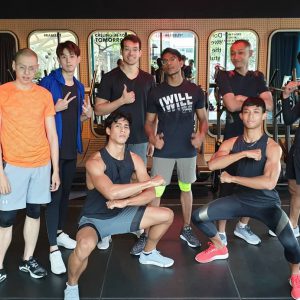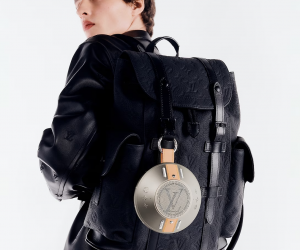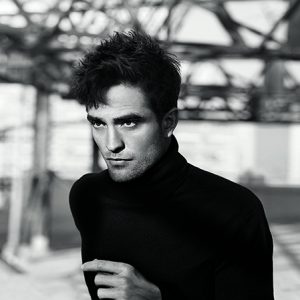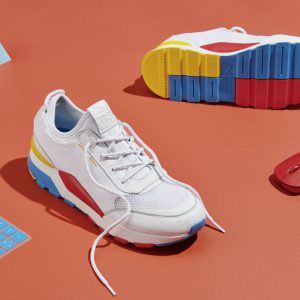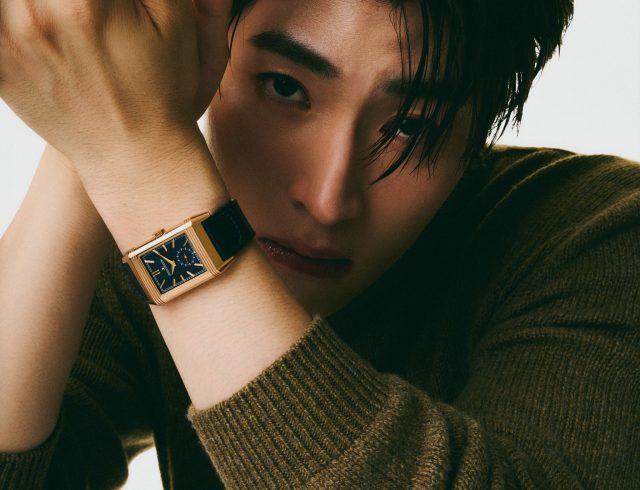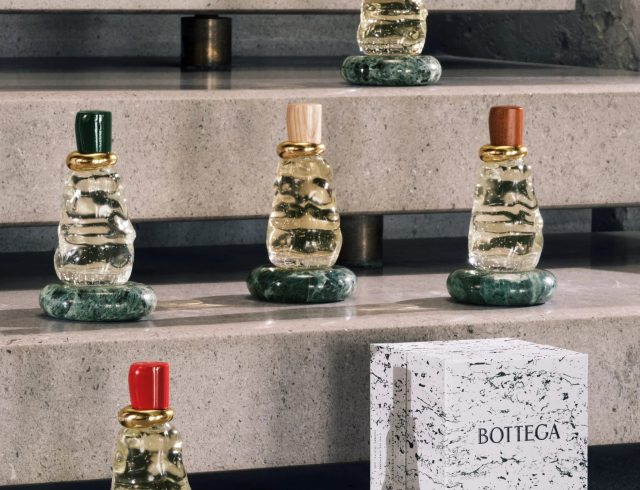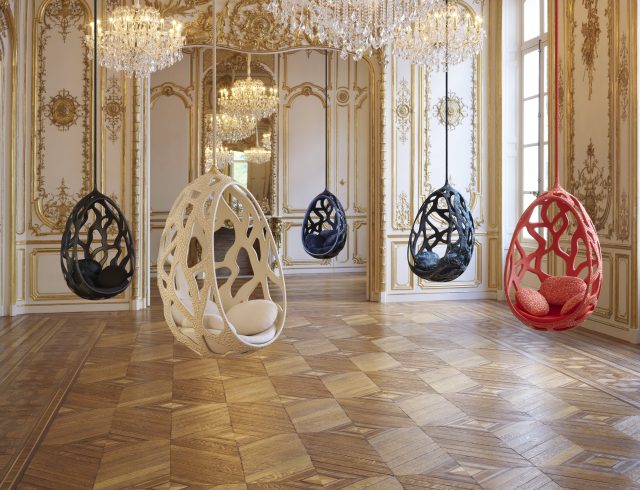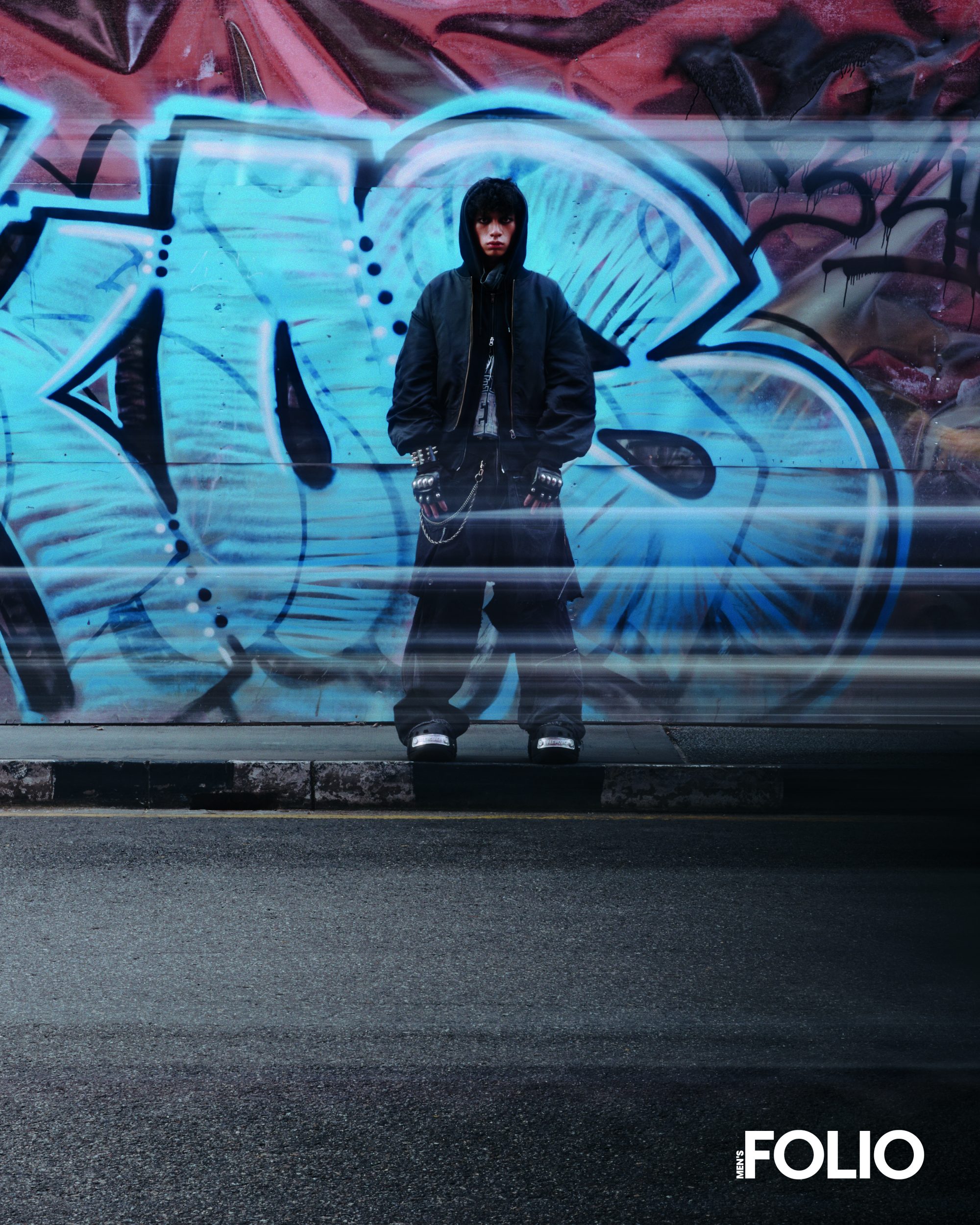
Avant-garde and streetwear are fashion camps that have long existed as buzzwords in the scene. The genres are not novel, but when merged together, the union presents a niche subculture. Meet Opiumcore — a term proliferated by rapper Playboi Carti, whose record label Opium lent its name to the genre.
The journey took flight in 2021, birthed by another metaphorical union between himself and Erik Arteaga (better known online as @burberry.erry). Arteaga was brought on board Opium as a creative consultant and stylist; shedding the skater-boy image of his online persona for an embrace of what truly catapulted him to fame: his unique approach to skatewear. It is difficult to imagine Carti’s intent of redefining the streetwear landscape via signing Arteaga, but the blend of gothic, punk and street pillars has transcended, and Arteaga’s dress choices have ultimately paved the way for an entirely new wave of fashion.
View this post on Instagram
Opium is a style that experiments. There is no singular or fixed approach to the core of it, but when an outfit is dissected from top to toe, what unfolds is a unique render, left to the dresser’s interpretation and desire. It is unlikely that an Opium-wearer will find a carbon copy, thanks to the niche way of wear. But what defines it? The Opium crowd has earned the playful nickname of “Fashion Demons” — owing to their dark, vampire-like aesthetic that may scare some, but otherwise invite a second look.
View this post on Instagram
In part, this is credited to the theatrics of the Opium staple: a statement feature to any outfit that invokes head-turning. Though their clothing style leans heavier toward the street, putting together a single outfit in this style can often come with a hefty price tag. Typically, it is a fusion of archive pieces from houses like Raf Simons and Alexander McQueen, coupled with reworked custom-made items. Yet, it is not hard to imagine the various ways it has been interpreted — after all, the value of style derives from taste, and never its monetary worth.
In the context of Kuala Lumpur, fashion has seen significant evolution over the past few years, yet some trends are still in the process of finding their footing. Opium — in particular — is still in its early stages. For the Men’s Folio November Issue, we caught a glimpse of this subculture within the vibrant community of young Malaysian teenagers.
View this post on Instagram
A stroll down Petaling Street will make it notable for a clashing mise-en-scene. Against the backdrop of the famed, traditional stalls are groups of teens dressed in get-ups of all-black and distressed (if not shredded) denim. Oversized hoodies and custom remake pieces also help to set the stage: with the characters in positions, Kuala Lumpur’s ordinary everyday undergoes a transformation — the result akin to Fashion Week’s streets of Milan or Paris. Frev, Amirul and Putera are three that best embody the characters of Opium-core. Designers in their own right, Men’s Folio discusses the daring of challenging the way of dress.
What was your first fashion memory?
Amirul: We all had different beginnings but started somewhere within the underground and rap culture. Putera and I first got into fashion from skateboarding.
Frev: I was deep into rap culture and a big fan of Travis Scott. So, streetwear has always been a go-to. But when Amirul, Putera, and I became friends, we stumbled upon the holy grail of Demna and Avant Garde, and we’ve never looked back since.
View this post on Instagram
How would you define the “OPIUM” subculture?
Putera: Dare to dress. We believe not just anyone can rock this style; it requires a perfect blend of style, confidence, and money. This fashion can get pretty pricey, especially when many draw inspiration from fashion archives.
Amirul: That’s why Frev and I often turn to custom reworking of designs. You won’t catch us shopping on fast fashion websites, that’s for sure. As a result, most of our pieces have a distinct and rare look since we only produce one of each.
Tell us more about your brand.
Frev: @aternel.made is a work in progress, but I think none of us have worked on the brand’s full potential. There’s still a lot to learn and more experimenting to do.
Amirul: I can say the same about @a.vision. My goal is to make Opium and Avant Garde fashion more accessible without compromising its essence. One of the reasons why not many people adopt our style is the cost, and I hope to change that.
View this post on Instagram
Have you seen other Malaysians giving this specific fashion niche a shot?
Frev: We’ve seen some attempts, but when it comes to success, well, we might be a bit biased in saying that we’ve nailed it. Is that narcissistic? [laughs]
View this post on Instagram
True or False: Dressing the way you do has attracted a lot of attention?
Putera: True, but that’s the point. I understand how it might sound unusual for some, but we think it’s great to be the odd one out. So, we can always say we’re ‘One of One’.
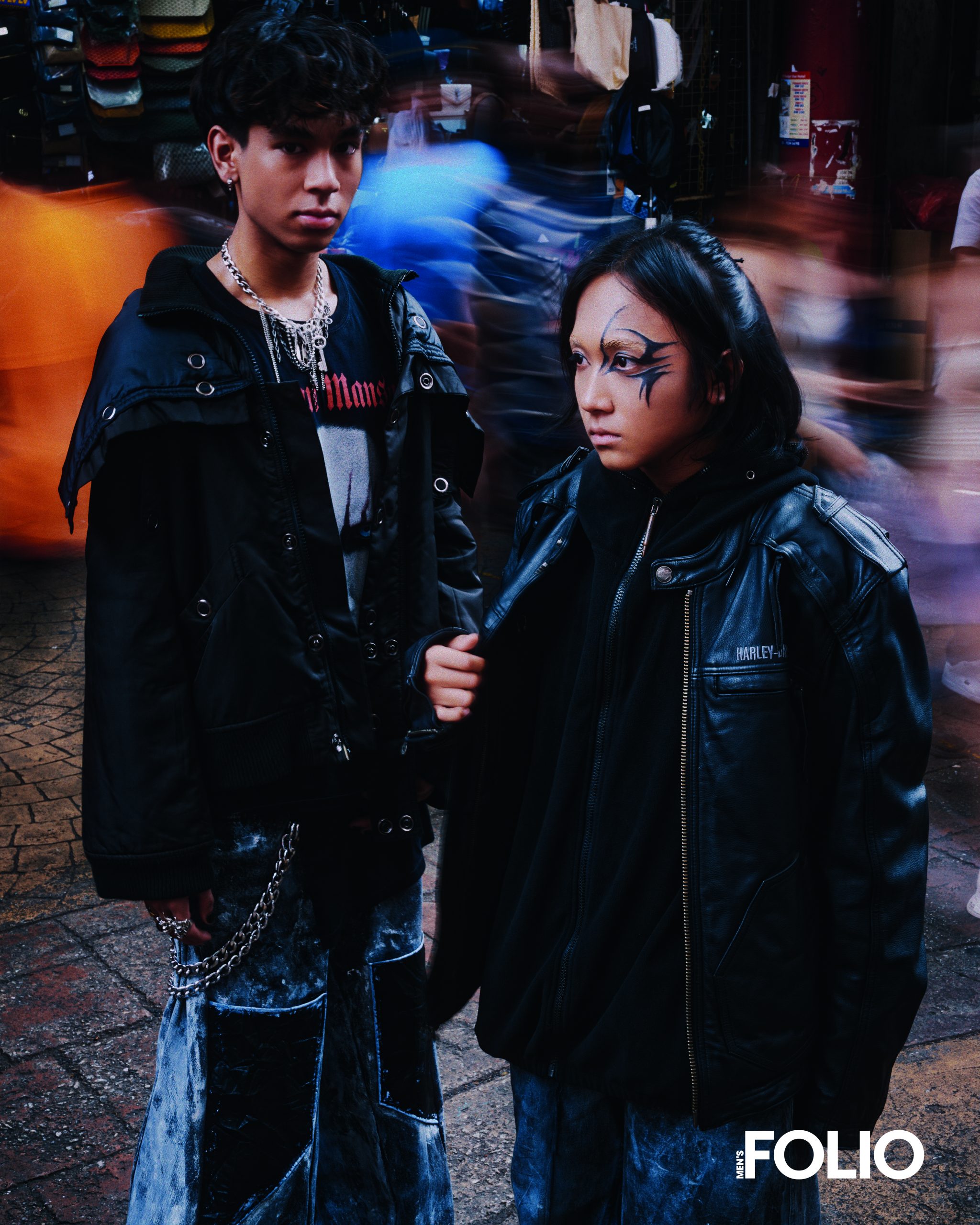
The hardest part about dressing up in Malaysia is…
Putera: The weather, I cannot experiment much with layering because of how hot it is. We don’t mind people’s questioning stares but the sun needs to chill.
Interview @ashafrsha
Edited @v9nessa
Photography @jaya.khidir



